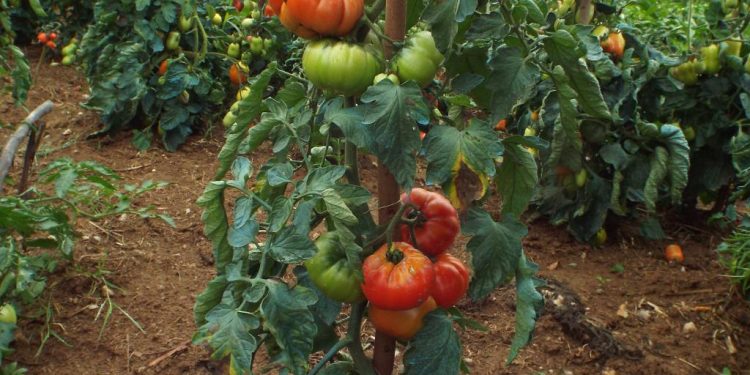The impact of eight pesticides on the transmission of Tomato leaf curl virus (ToLCV) by the whitefly, Bemisia tabaci Gennadius to tomato, Lycopersicon esculentum (Miller), was studied in the field using a randomized block design. Differences in performance were anticipated because these eight insecticides comprise distinct mechanism of action including both contact and systemic. Increased insecticide efficacy is necessary, particularly in regions with conducive weather conditions that support a healthy whitefly population, to effectively manage the population. There is a need to vary the insecticides used in order to reduce the emergence of resistance in the whitefly population due to the extensive usage of a single mechanism of action for whitefly control. The foliar spray of insecticides was done when first incidence of whitefly was noticed in the field with 15 days of interval. The studies on effect of different insecticides in the management of ToLCV disease through the controlling whitefly population, researchers evaluated that Chlorantraniliprole 8.8% + Thiomethaxam 17.5% SC was effective in sustaining the yield by reducing the incidence of disease and whitefly population during both the years followed by Spirotetramat 11.01% + Imidacloprid 11.01% SC, Thiamethoxam 12.6% + Lambda cyhalothrin 9.5% ZC and Cyantraniliprole 10.26% OD, respectively.
Reference: Mane, S., Khaire, P., Kumar, A., & Narute, T. (2024). Efficacy assessment of different insecticides for control of whitefly against tomato leaf curl disease. Journal of Phytopathology, 172, e13340. https://doi.org/10.1111/jph.13340































